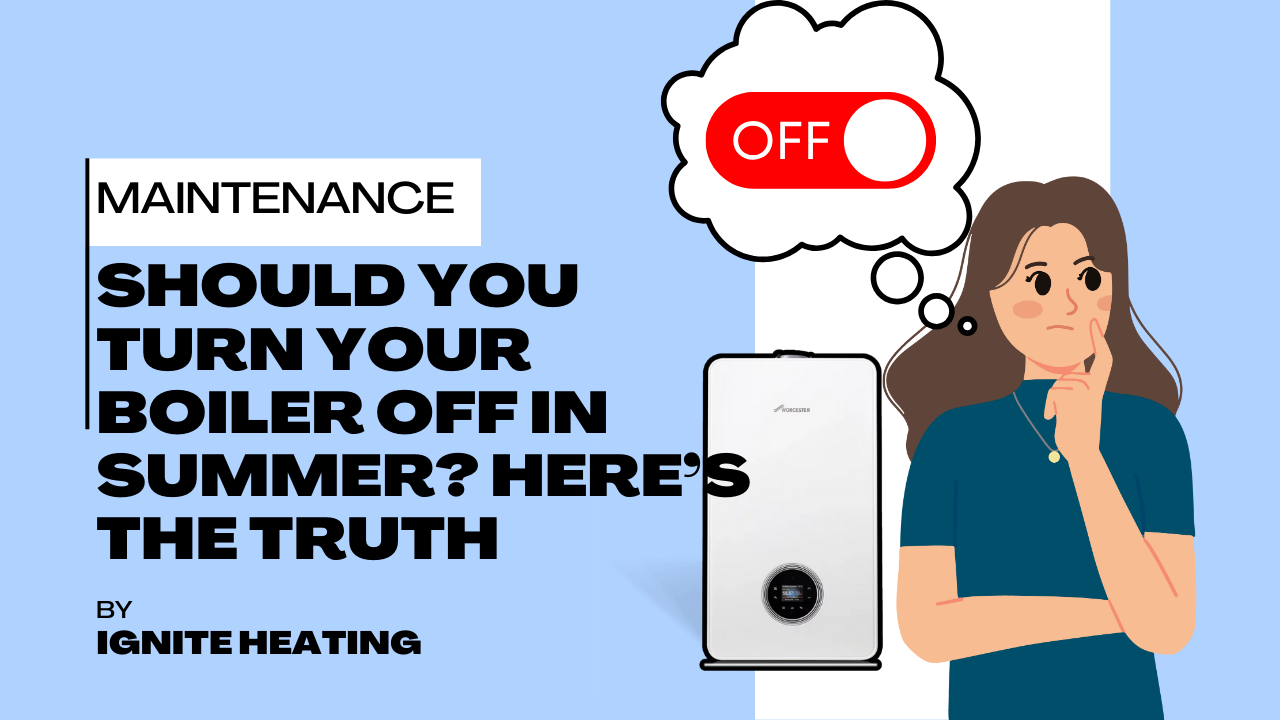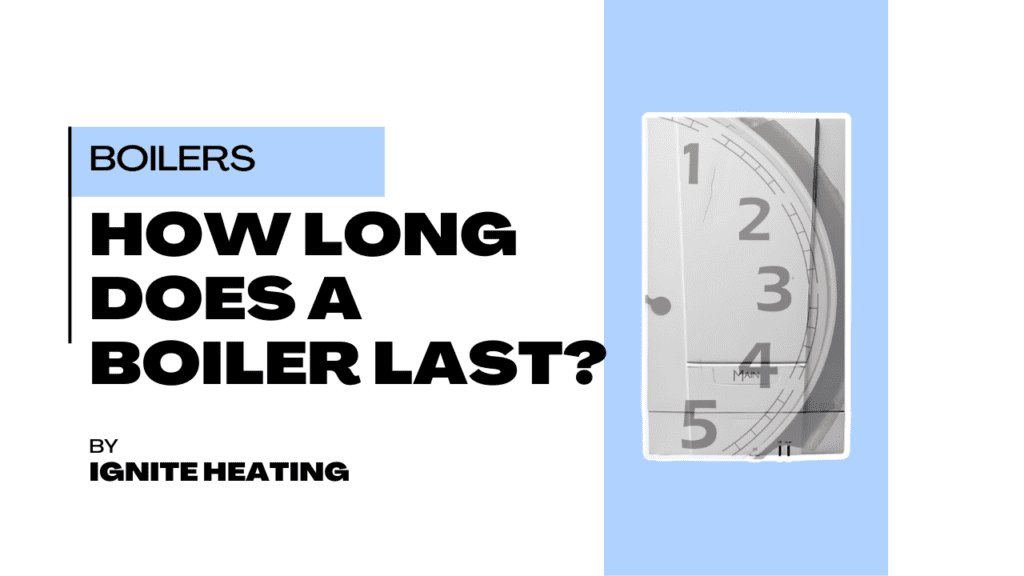
Should You Turn Your Boiler Off in Summer? Here’s the Truth.
Search Should You Turn Your Boiler Off in Summer? Here’s the Truth. Summer’s here finally. The sun’s shining (most days),

A boiler is an essential component of a home’s heating system, providing warmth and hot water throughout the year. However, like any appliance, boilers have a lifespan, and understanding how long they last can help homeowners make informed decisions about maintenance, servicing, and eventual replacement. The longevity of a boiler depends on various factors, including the type of fuel it uses, the quality of installation, and how well it is maintained over the years.

The type of boiler you have can significantly influence how long it will last. Here is an overview of the expected lifespans of different boiler types:
Gas boilers are among the most common heating systems in homes across the UK. They typically last between 10 to 15 years, but with regular servicing and proper maintenance, some high-quality models can even exceed 20 years.
Liquefied Petroleum Gas (LPG) boilers function similarly to natural gas boilers but require an external storage tank. These boilers usually last around 10 to 15 years, though longevity can depend on the condition of the fuel supply and storage system.
Oil-fired boilers generally have a longer lifespan than gas or LPG models, averaging 15 to 20 years. However, they require consistent maintenance, especially cleaning the burner and ensuring the oil supply remains uncontaminated.
Electric boilers have fewer moving parts, reducing wear and tear. As a result, they tend to last longer, typically around 15 to 25 years. They also require less maintenance compared to other types, but their longevity still depends on water quality and proper use.
Several factors can impact how long your boiler lasts. Understanding these can help you take steps to extend its operational life:
Regular Servicing
Annual servicing ensures that your boiler operates efficiently and safely. A qualified heating engineer can detect and resolve minor issues before they become major problems, reducing the risk of breakdowns.
Quality of Installation
A well-installed boiler by a Gas Safe (or OFTEC for oil boilers) registered engineer ensures optimal performance and longevity. Poor installation can lead to leaks, inefficiencies, and premature failure.
Usage and Workload
Boilers that operate at full capacity throughout the year will naturally experience more wear and tear than those used seasonally. Overworking a boiler without proper maintenance can shorten its lifespan.
Water Quality and Corrosion Prevention
Hard water can cause limescale build-up in the heat exchanger, reducing efficiency and longevity. Installing a water softener or using scale inhibitors can help mitigate this issue.
Repairs and Component Replacements
Addressing minor faults promptly can prevent more severe issues. Replacing parts such as the heat exchanger, pump, or expansion vessel when needed can extend the boiler’s overall lifespan.

Even with the best care, boilers will eventually reach the end of their lifespan. Here are some signs that indicate it may be time for a replacement:
To ensure you get the most out of your boiler, consider the following tips:

On average, a well-maintained boiler can last between 10 to 25 years, depending on the type and how well it is cared for. However, longevity is not just about the number of years but also about performance, efficiency, and safety. Regular servicing, prompt repairs, and good water quality management can significantly extend its lifespan, ensuring you get the most value from your investment.
If your boiler is outdated, frequently breaking down, or causing high energy bills, it may be worth considering an upgrade. Modern boilers are more energy-efficient, and environmentally friendly, and come with advanced features such as smart controls and improved safety mechanisms.
Replacing an old boiler may seem like a significant investment, but the long-term savings on energy bills and the improved reliability can make it a worthwhile decision. Additionally, many manufacturers offer warranties and financing options to make the transition smoother.
If you’re unsure about the condition of your boiler, consulting with a professional heating engineer can help you determine whether repair or replacement is the best option. They can provide expert advice tailored to your home’s heating needs, ensuring you have a system that is both cost-effective and reliable for years to come.

Search Should You Turn Your Boiler Off in Summer? Here’s the Truth. Summer’s here finally. The sun’s shining (most days),

Search Should I Upgrade My Central Heating System Before Winter? Winter in the UK can be brutal, with freezing mornings,
© 2024 Ignite Heating. All rights reserved